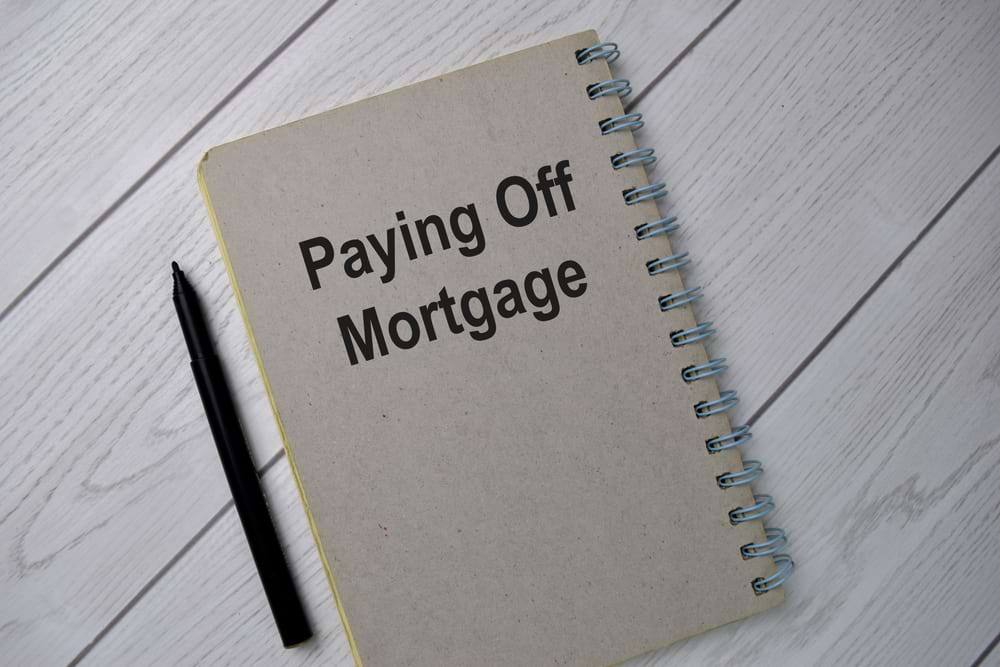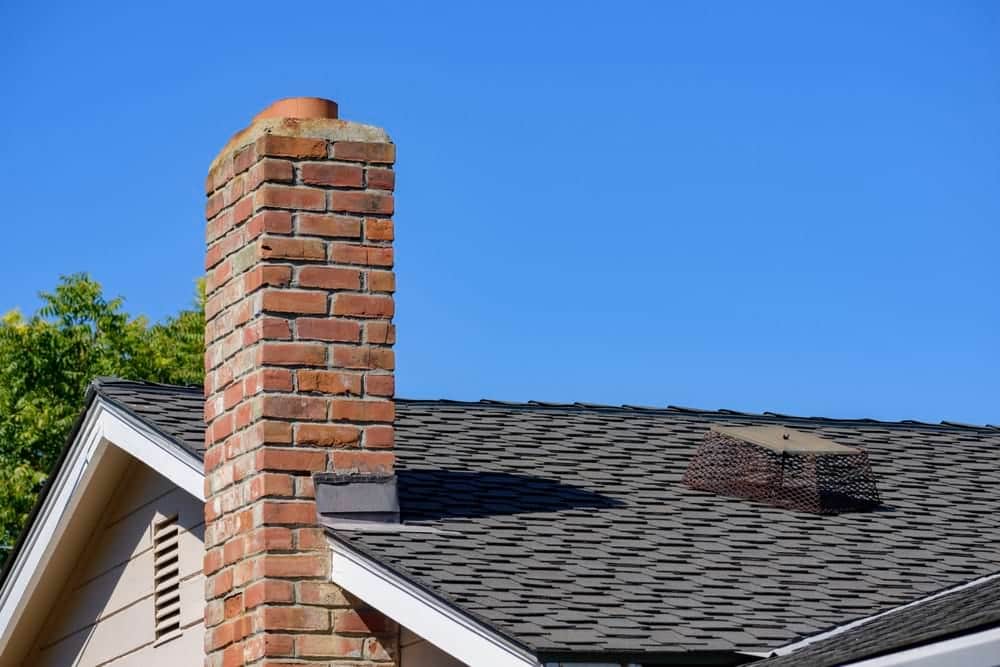Covenants can be contentious, especially restrictive covenants.
Some come from different times, such as covenants banning chickens…
Others are more recent but may seem unfair to new owners.
Either way, can they be removed? And if so, how?
What is a restrictive covenant?
Restrictive covenants are legal stipulations for restricting the use of a property.
They are included in property deeds. Their aim is generally to preserve the property’s – and surrounding area’s – character.
So, new owners need to adhere to the rules in a covenant for their property. This is disclosed before they buy the property.
Restrictive covenants don’t prevent you from selling property. But they might put of some buyers or reduce its value.
What happens if restrictive covenants are broken?
There are consequences for breaching restrictive covenants. These apply whether the breach was knowingly or unknowingly done.
For example, an extension may have to be demolished. Or something that was demolished may be ordered to be re-built.
The age of the covenant does not always affect its validity. However, listed buildings are more likely to have them.
Types of restrictive covenants
Usage
Restrictions on the use of the property for commercial purposes, are common.
It’s easy to see why. After all, commercial usage could lead to:
- Strangers coming and going
- Parking issues
- Noise.
And more.
Conservation
In some areas, specific alterations may be banned. This can apply to listed properties ones in areas with historical character.
They might limit how you may extend the property. Or prevent you from constructing out buildings, such as granny annexes or greenhouses.
You may only be able to use certain types of colours to paint the exterior of your house.
Why would you want to get around restrictive covenants?
Improvements
Many people like to make improvements and make a home their own when they move in.
But restrictive covenants may prevent you from making specific property changes. For example, adding extensions or changing windows. The latter makes lightening homes difficult.
Property use
A restrictive covenant might prevent you using your property to run a home business.
Adding value
You may want to make some changes and improvements to your property as they will add value to it.
How to get around restrictive covenants
Contact the person with the benefit of the covenant
You can ask them to remove or modify the restrictive covenant. Or obtain ‘retrospective consent’ for any work that has breached it.
Apply for removal or alteration.
You can apply to have the restrictive covenant either changed or removed. It permits you to carry out the actions it forbade.
Apply to the Lands Chamber of the Upper Tribunal to modify or remove a covenant if you feel it is unreasonable.
Get restrictive covenant insurance.
Indemnity insurance policies can cover the liability for breach of contract.
You can get it if you have breached a restrictive covenant for at least 12 months without complaint.
Seek legal advice.
It is always worth getting professional legal advice on restrictive covenants.
A solicitor can help you see whether you can get around the specific restrictive covenant on your deeds. And, if so, what your options are.




















